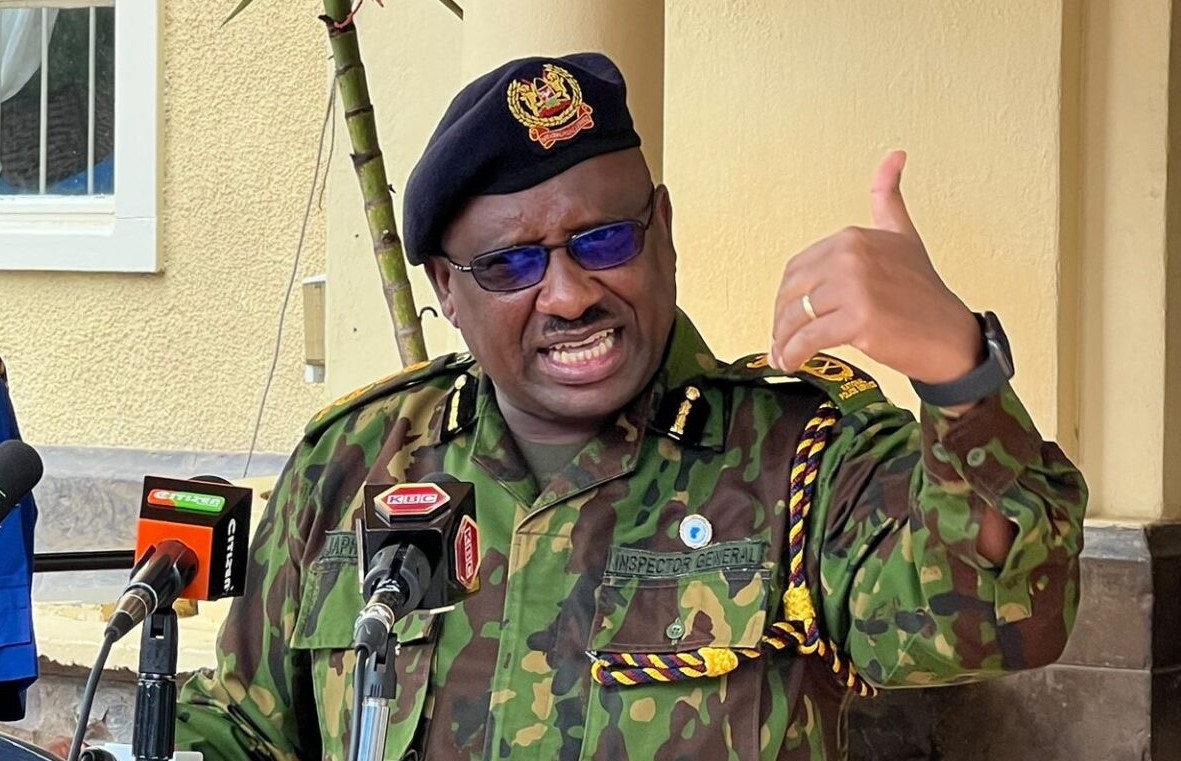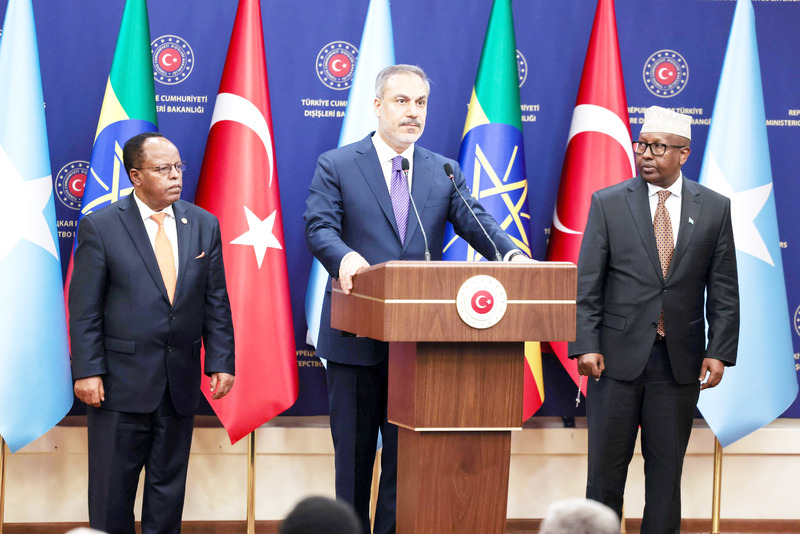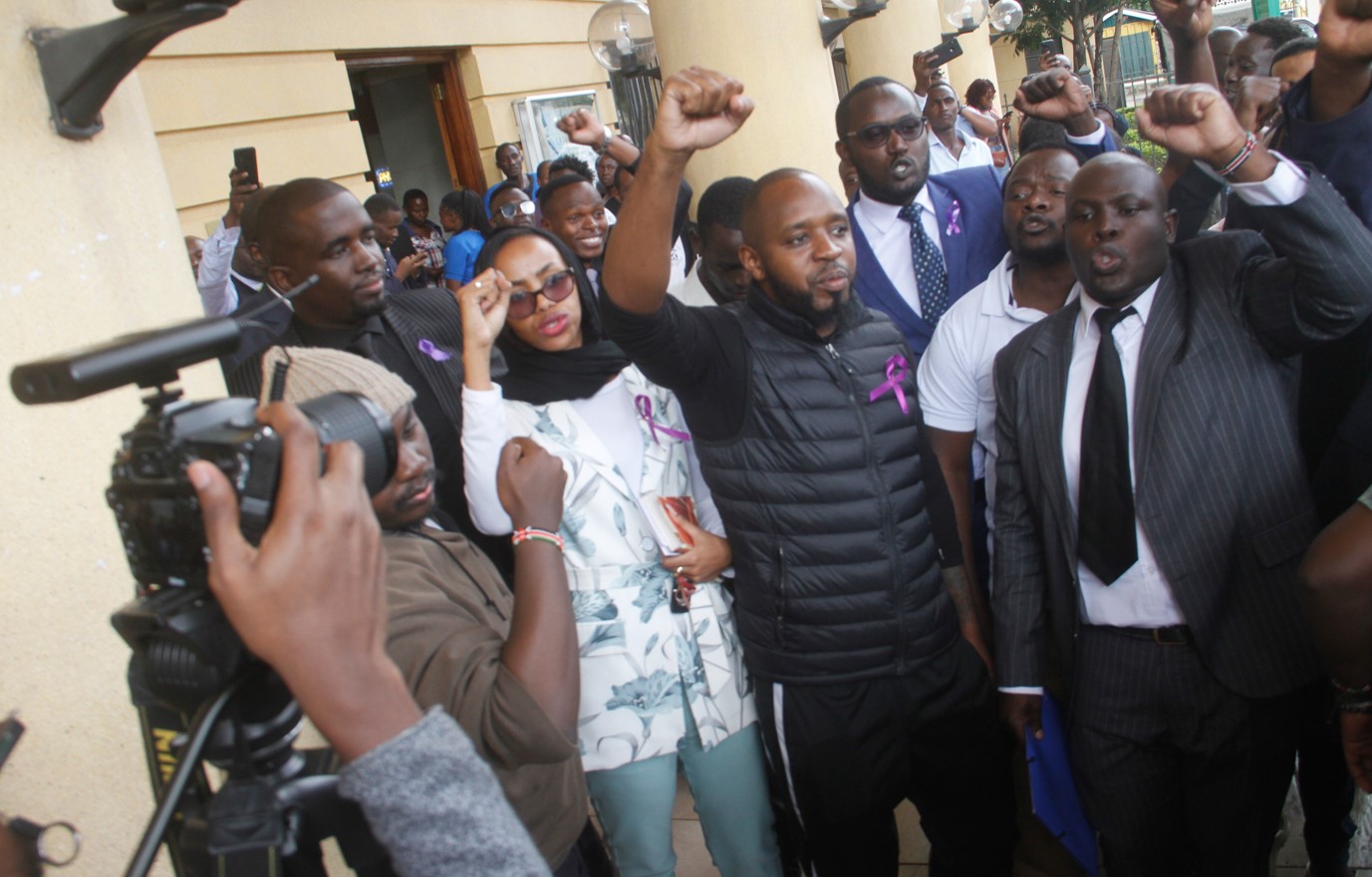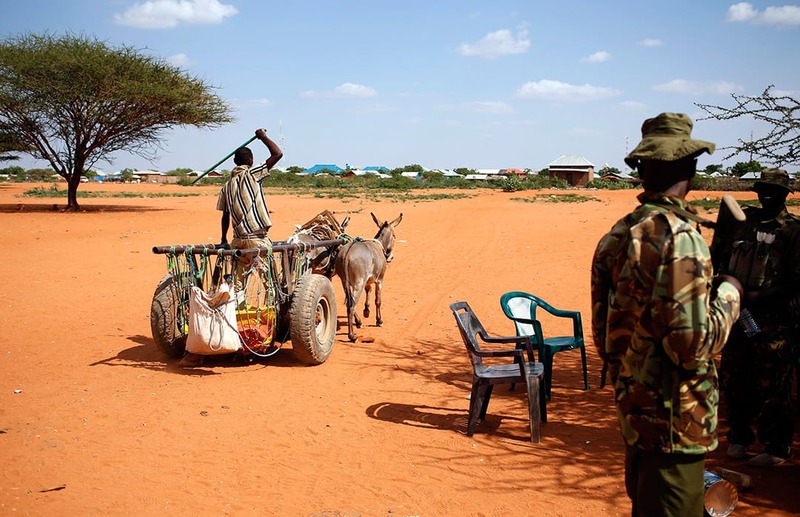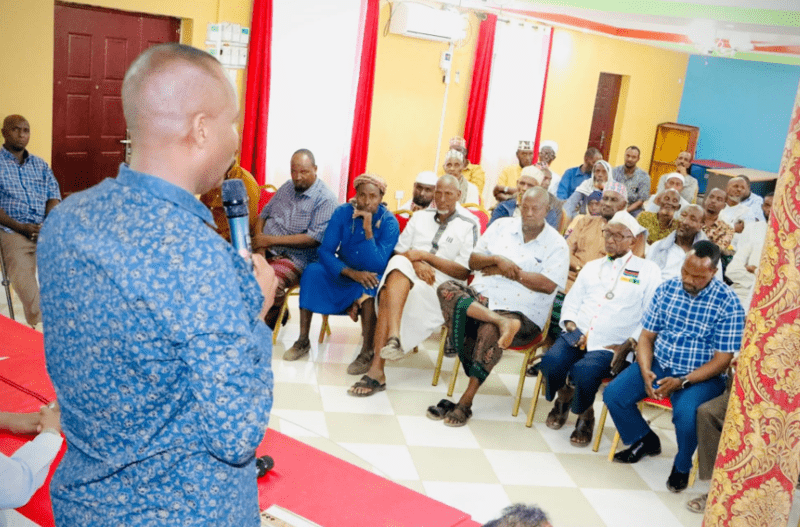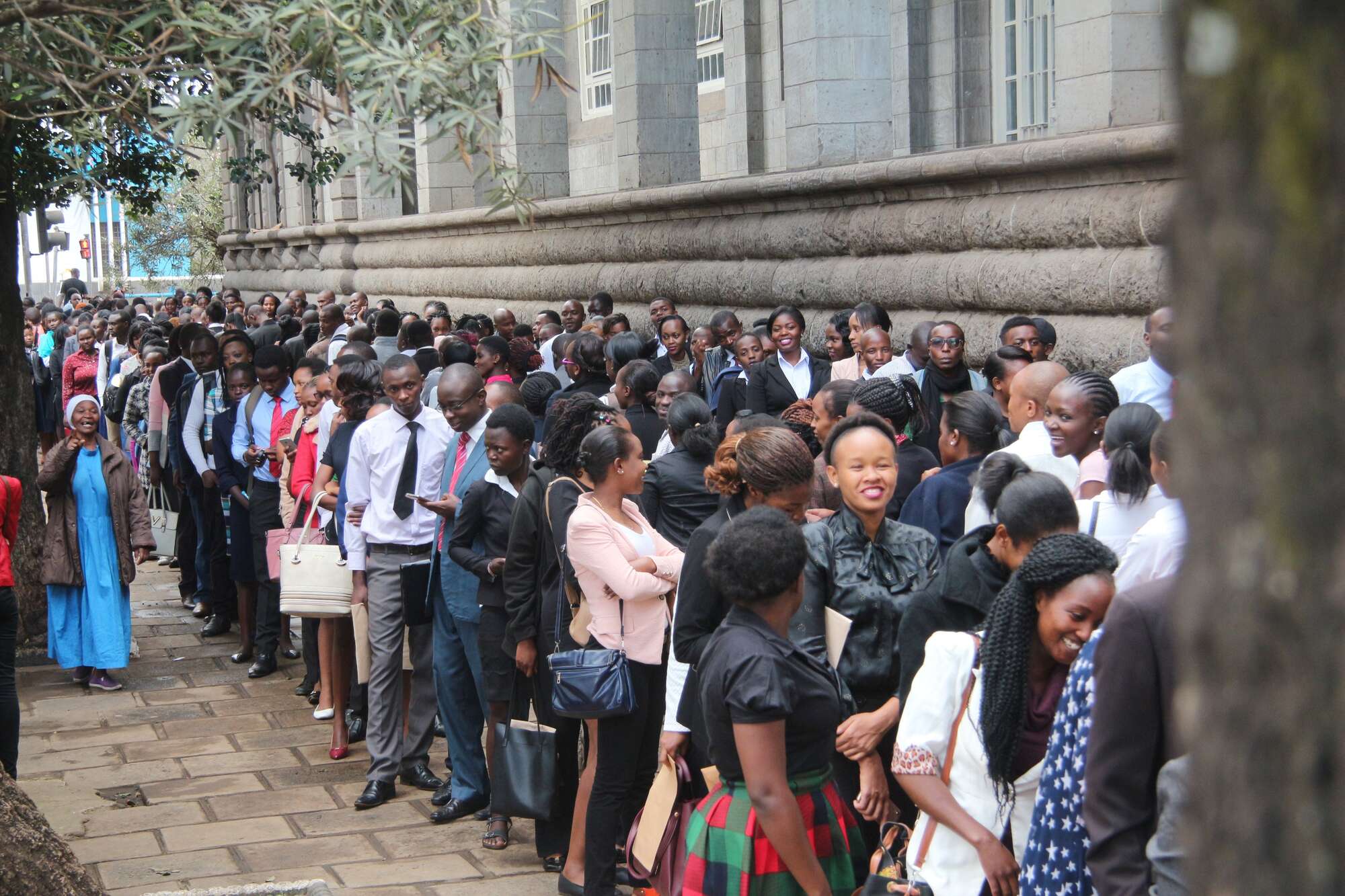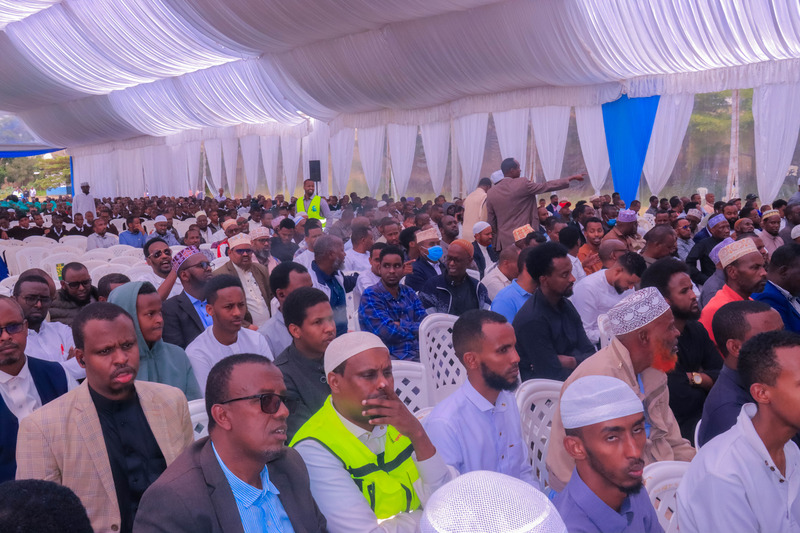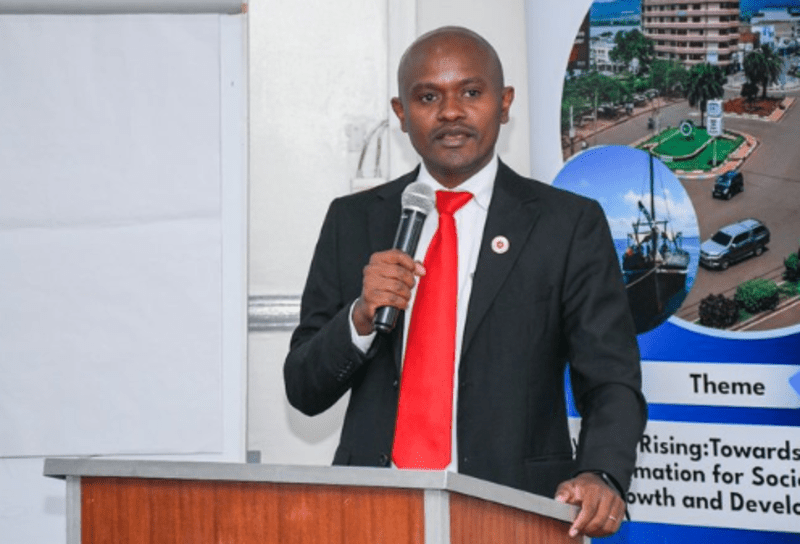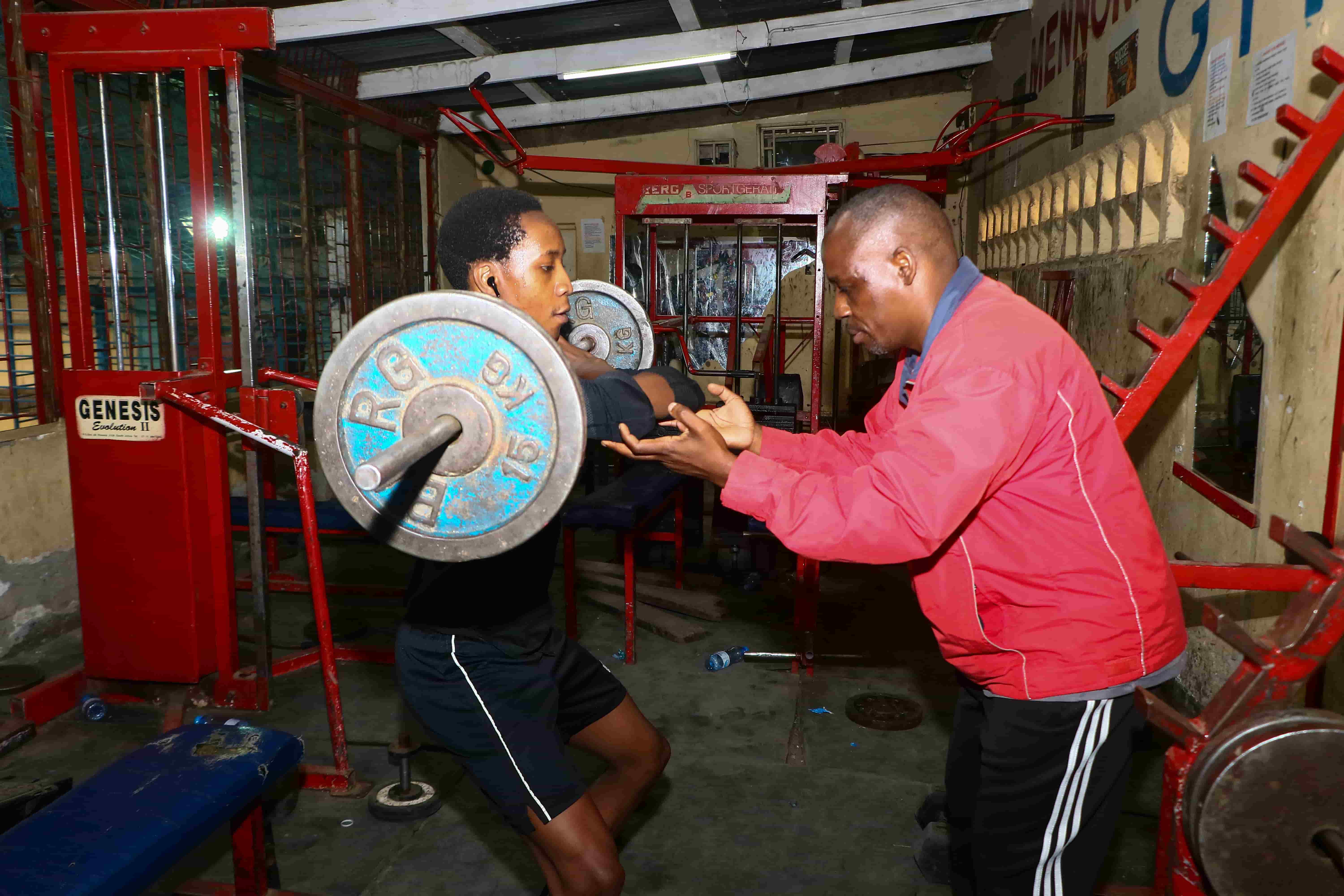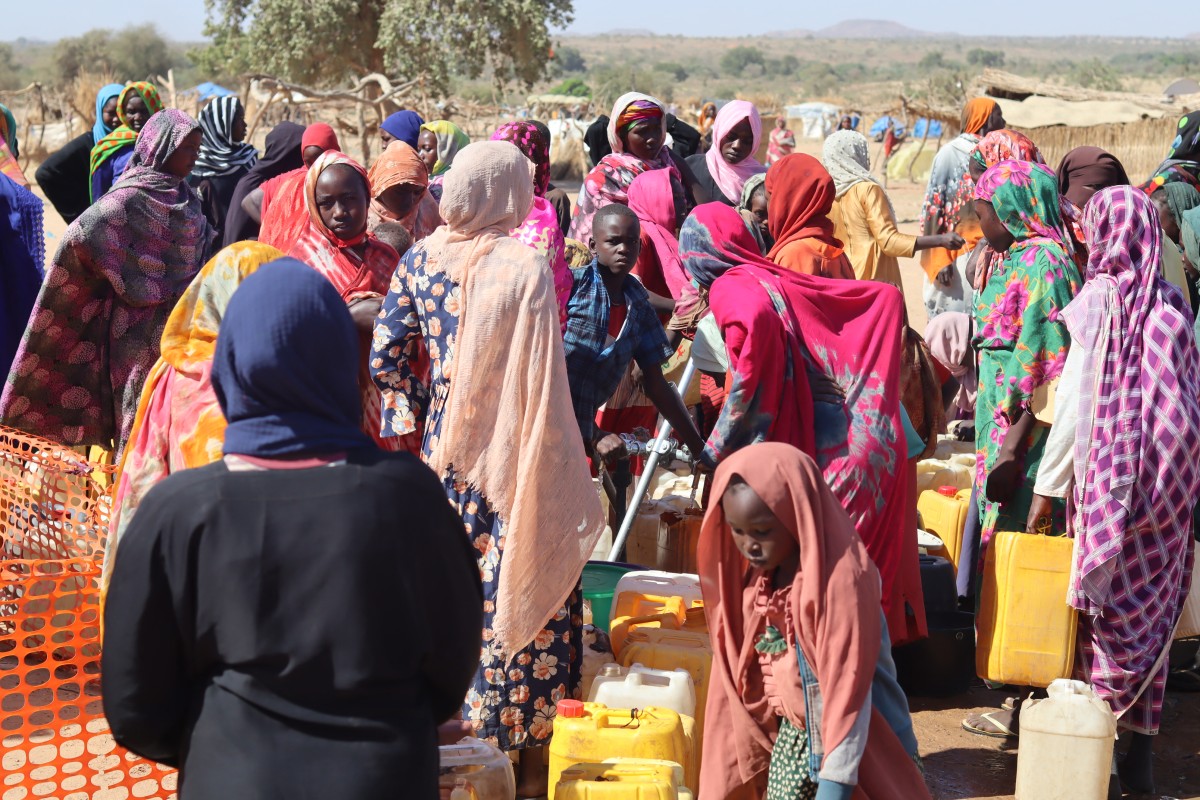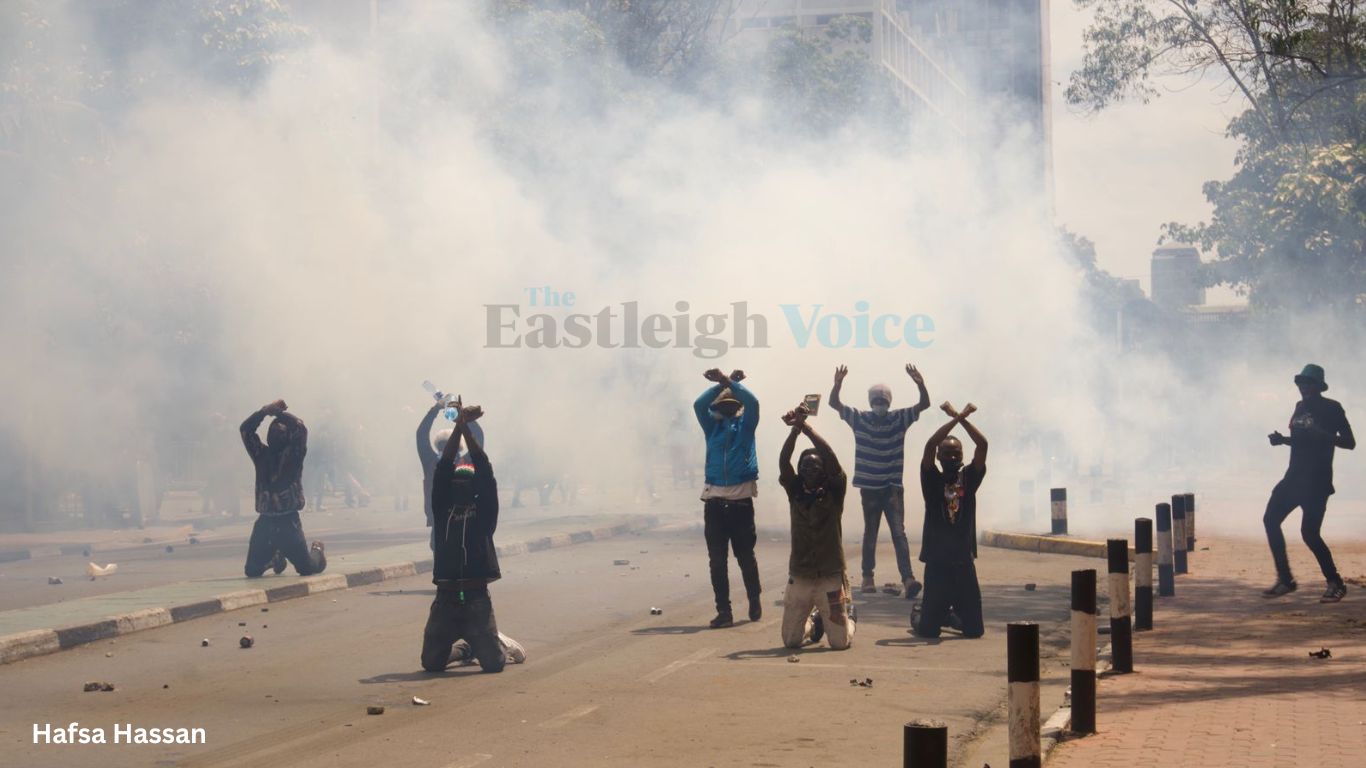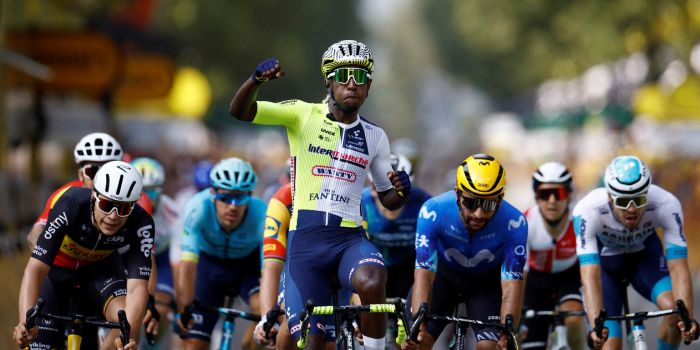Rural women bear brunt of income inequality due to climate change - report

By Rading Biko |
The FAO's 'Unjust Climate' report uncovers a dark reality in low and middle-income countries, noting women heads of households in these parts suffer more than men.
Climate change in Africa and other parts of the world continues to eat into the incomes of rural women, a new report by the Food and Agriculture Organization (FAO) saying, noting women heads of households in these parts suffer more than men.
The 'Unjust Climate' report uncovers a dark reality in low and middle-income countries (LMICs), adding that on average, female-headed households lose eight per cent more of their income due to heat stress and three per cent more due to floods, compared to male-headed households.
Keep reading
This translates to a per capita reduction of $83 due to heat stress and $35 due to floods, totalling $37 billion and $16 billion, respectively, across all LMICs.
"If the average temperatures were to increase by just 1°C, these women would face a staggering 34 per cent greater loss in their total incomes compared to men," the report says. "Considering the significant existing differences in agricultural productivity and wages between women and men, the study suggests that if not addressed, climate change will greatly widen these gaps in the years ahead."
The FAO, a United Nations (UN) agency, analysed socioeconomic data from more than 100,000 rural households, representing approximately 950 million rural people.
FAO Director-General QU Dongyu said ''Social differences based on locations, wealth, gender and age have a powerful, yet poorly understood, impact on rural peoples' vulnerability to the impacts of the climate crisis. These findings highlight the urgent need to dedicate substantially more financial resources and policy attention to issues of inclusivity and resilience in global and national climate actions."
Socioeconomic factors
The report further states that the climate change impact differs not only by gender but also by socioeconomic status.
Heat stress, or overexposure to high temperatures, exacerbates the income disparity between rural households classified as poor, which suffer a five per cent greater loss ($17 per capita) than their better-off neighbours, and the figures for flooding are similar.
Similarly, households led by young individuals have an easier time finding off-farm job opportunities during extreme weather conditions, compared to older households, making their incomes less susceptible to these events.
Extreme weather also compels impoverished rural households to resort to maladaptive coping strategies which may include reducing income streams, selling off livestock, and shifting spending away from their farms. These actions, however, exacerbate their vulnerability to long-term climate change.
The way forward
To address these challenges, the report says, targeted interventions are required to empower rural populations to engage in climate-adaptive measures.
The study found that rural people and their climate vulnerabilities are barely visible in national climate plans.
In the nationally determined contributions (NDCs) and national adaptation plans (NAPs) of the 24 countries analysed, only six per cent of the 4,164 climate actions proposed mention women. Two per cent explicitly mention youths, less than one per cent mention poor people and about six per cent refer to farmers in rural communities.
Similarly, of the total tracked climate finance in 2017/18, only 7.5 per cent went towards climate change adaptation; less than three per cent to agriculture, forestry and other land uses, or other agriculture-related investments; and only 1.7 per cent, amounting to roughly $10 billion, to small-scale producers.
Agricultural policies also miss the opportunity to address gender equality and women empowerment, and intersecting vulnerabilities such as climate change. An analysis of agricultural policies from 68 low- and middle-income countries, done by the FAO last year, showed that about 80 per cent of policies did not consider women and climate change.
Among several policy highlights, the report urges investment in policies and programmes that address the multidimensional climate vulnerabilities of rural people and their specific constraints, including their limited access to productive resources.
It also recommends linking social protection programmes to advisory services that encourage adaptation and compensate farmers for losses, such as cash-based social assistance programmes.
Gender-transformative methodologies that directly challenge discriminatory gender norms could also tackle the entrenched discrimination that often prevents women from exercising full agency over economic decisions that impact their lives.
Inclusive climate actions are embedded in the FAO's Strategy and Action Plan on Climate Change and in the FAO Strategic Framework 2022–2031, where tackling the impact of climate change is mainstreamed in efforts to achieve the four betters - better production, better nutrition, better environment and better life for all.
Similarly, the FAO's Global Roadmap for Achieving SDG 2 (zero hunger) without breaching the 1.5 °C threshold, establishes that gender inequalities, climate actions and nutrition are simultaneous considerations, and actions must encompass these dimensions and promote inclusivity for women, the youth and indigenous peoples.







